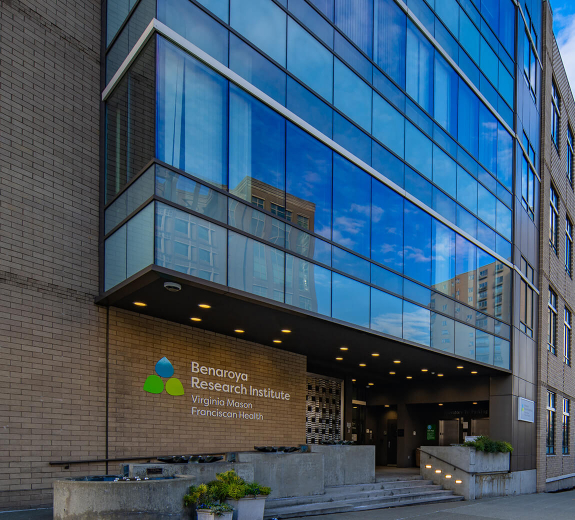Using samples and data from the MUPPITS-2 clinical trial, which studied children from urban, low-income communities across the U.S., the researchers discovered that asthma in these highly vulnerable children is driven by more complex and diverse inflammatory pathways than previously recognized. By analyzing nasal samples collected during acute respiratory illnesses, the team found that even when aspects of T2 inflammation were successfully suppressed by a drug called mepolizumab, a significant proportion of children still experienced asthma attacks driven through other inflammatory responses – particularly involving airway epithelial cells, activated immune cells like macrophages, and mucus overproduction — which were not blocked by mepolizumab.
“These results tell us that asthma in urban children isn’t a disease driven by a single pathway,” said Dr. Altman, whose research is supported by the National Institutes of Health (NIH). “This is a uniquely susceptible and disproportionately burdened population. Even when we suppress one part of the immune system fundamental to their disease, others can take over and continue to drive asthma attacks.”
Unlike in some adult studies, where mepolizumab appears more consistently effective, these findings suggest that children with asthma, especially those from disadvantaged urban settings, may need more tailored prevention and treatment strategies. What is particularly hopeful about this study was that it identified high candidate pathways, including several inflammatory and remodeling functions of the epithelium and inflammatory functions associated with macrophages, that may be amenable to such strategies.
By mapping out these alternative inflammatory pathways, the study offers new insights that could shape the future of asthma care, especially for children who are most at risk. Understanding the complexity of asthma at the molecular level will help scientists identify common pathways to target with therapeutics. It also shows the value of studying disease mechanisms at the molecular level — not just to understand why treatments sometimes fall short, but also to open new doors for prevention and personalized medicine.
The research described in this press release was supported by the National Institute of Allergy and Infectious Diseases (NIAID) of the NIH under award number R01GM987654. The content is solely the responsibility of the authors and does not necessarily represent the official views of the NIH.



